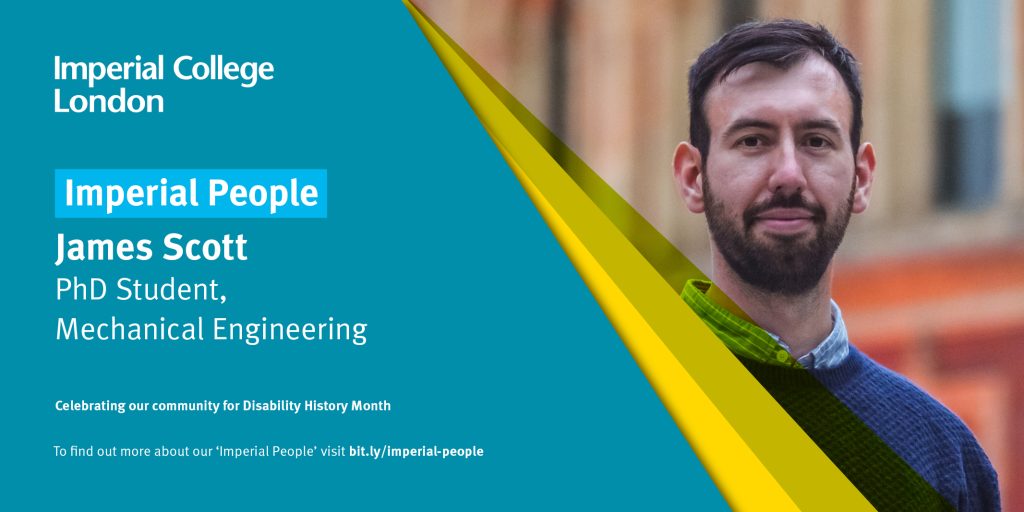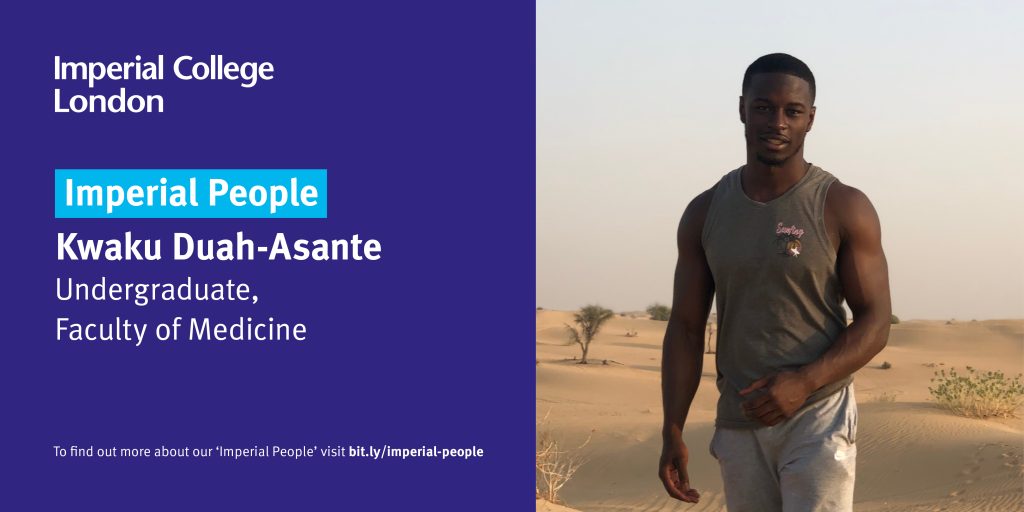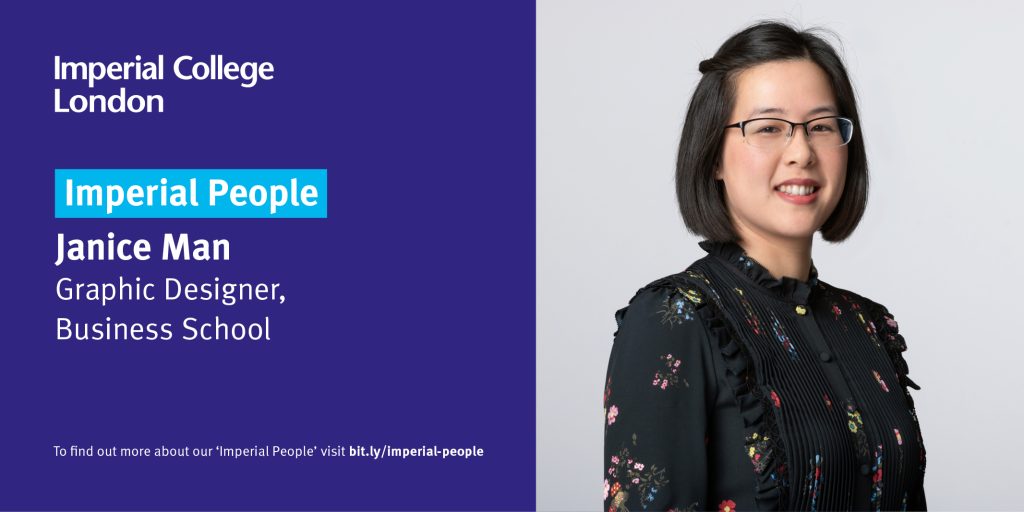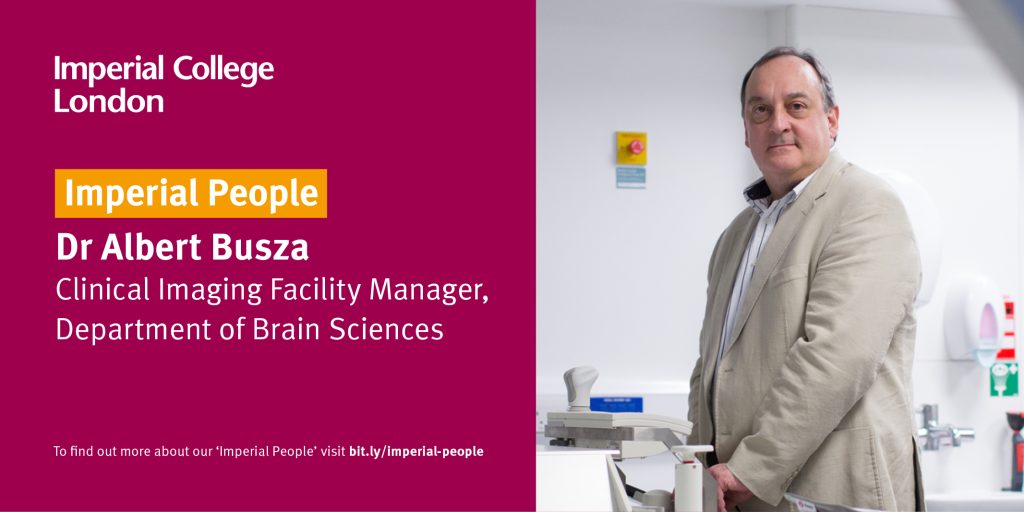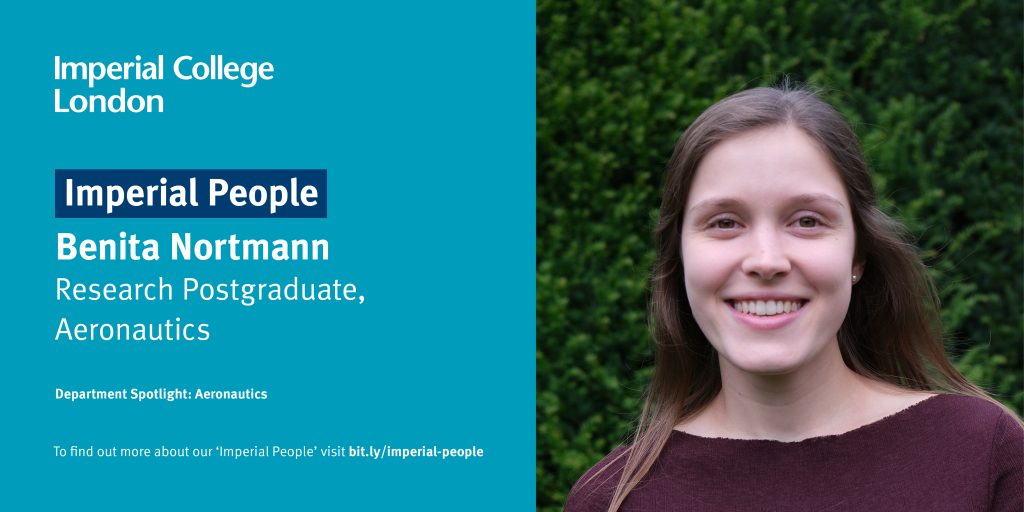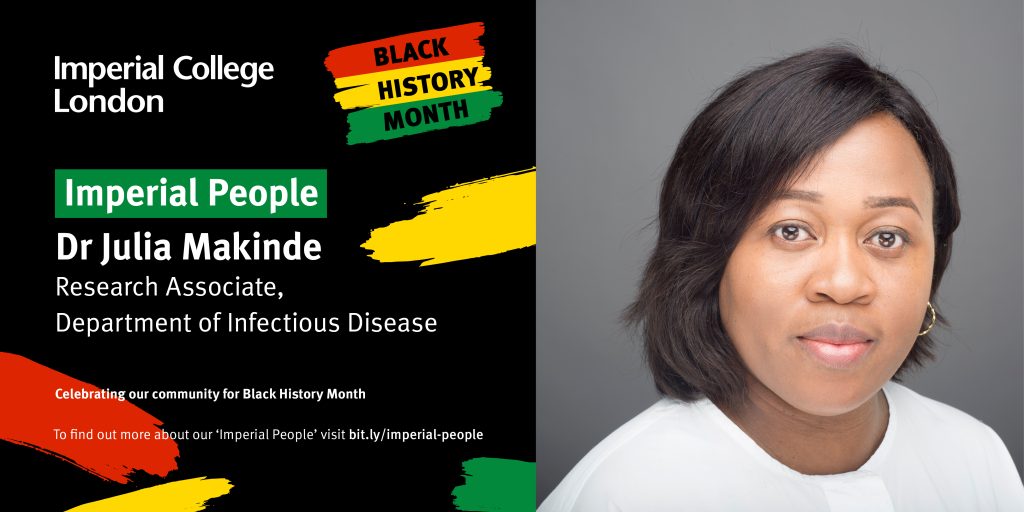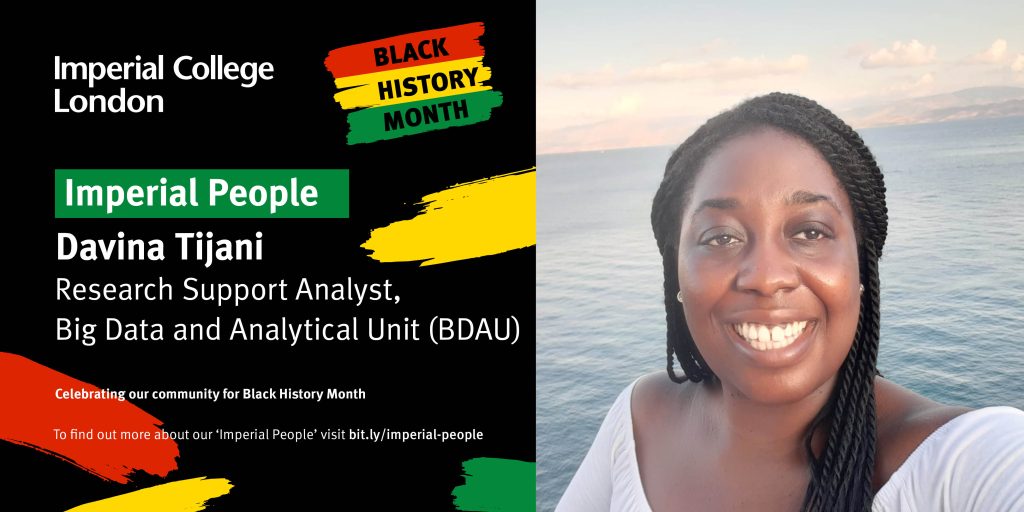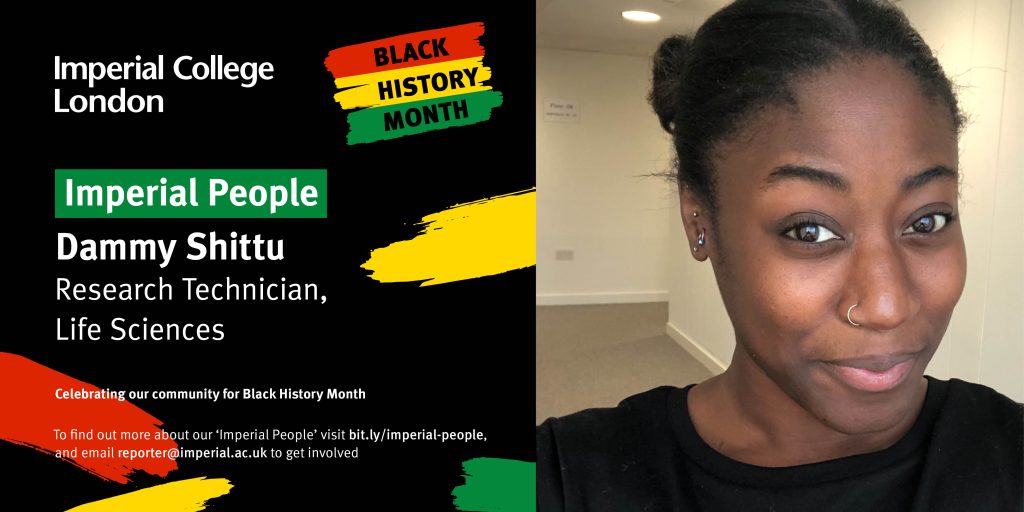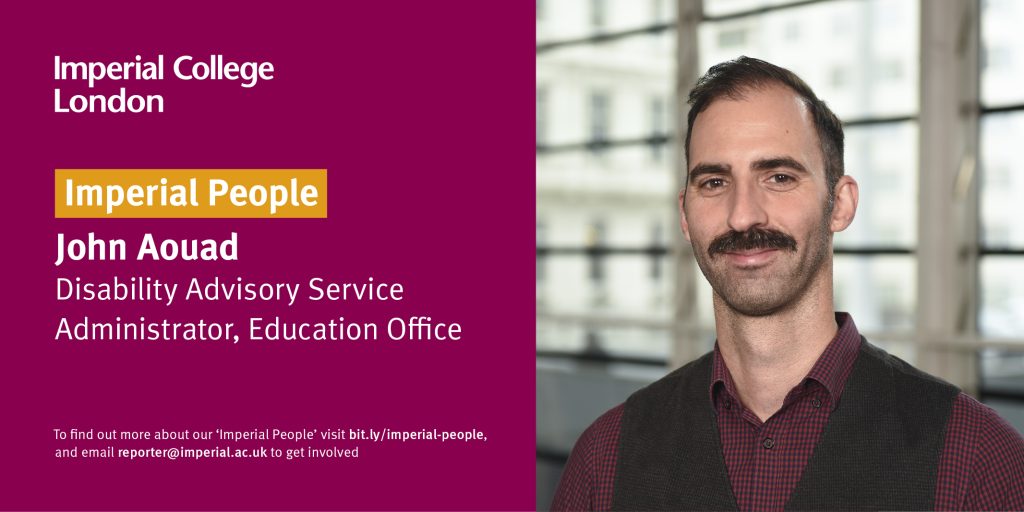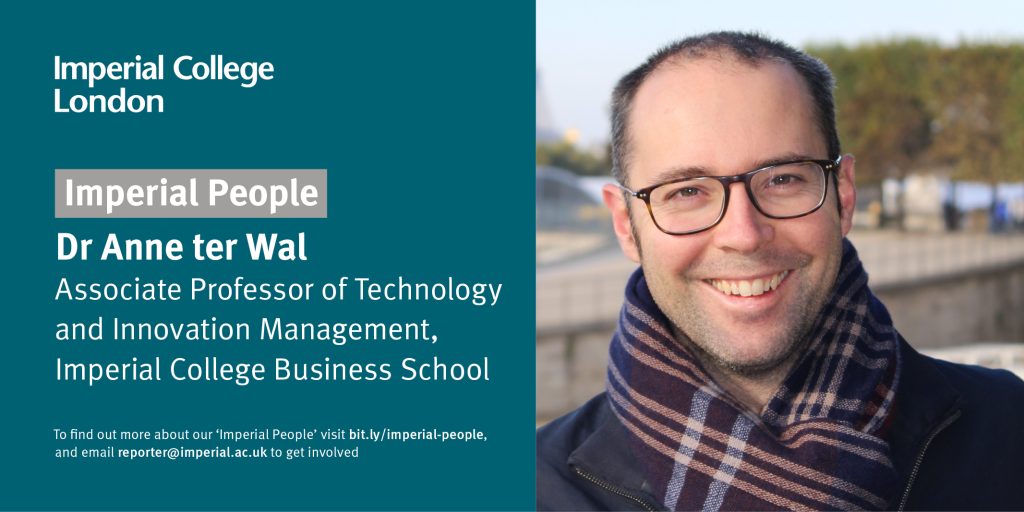“I believe my dyslexic strengths have benefited my research approach.”
Since being diagnosed with dyslexia from a young age, my perception of dyslexia has changed throughout my education and professional life. At school, I struggled with learning and found reading and speaking in public uncomfortable. I found school life most challenging during exam periods, where I would spend months trying to learn and then struggle to recall the information in a time pressured exam.
I saw dyslexia as a limitation, a reason why I could not perform to the same ability as my peers. For me and many other dyslexics, the difficulties I experienced in learning and struggles I had in demonstrating my knowledge would affect my self-esteem and made me doubt whether university would be an option.
In 2012, I was offered a place at the University of Sussex to study Mechanical Engineering. It was in coursework-based modules and my final year project that I felt able to fully demonstrate my ability. After graduating, I worked as a Design Engineer, developing new medical and scientific devices from concept to production. I was now working in a field that I enjoyed, and no longer felt that being dyslexic was a limitation.
